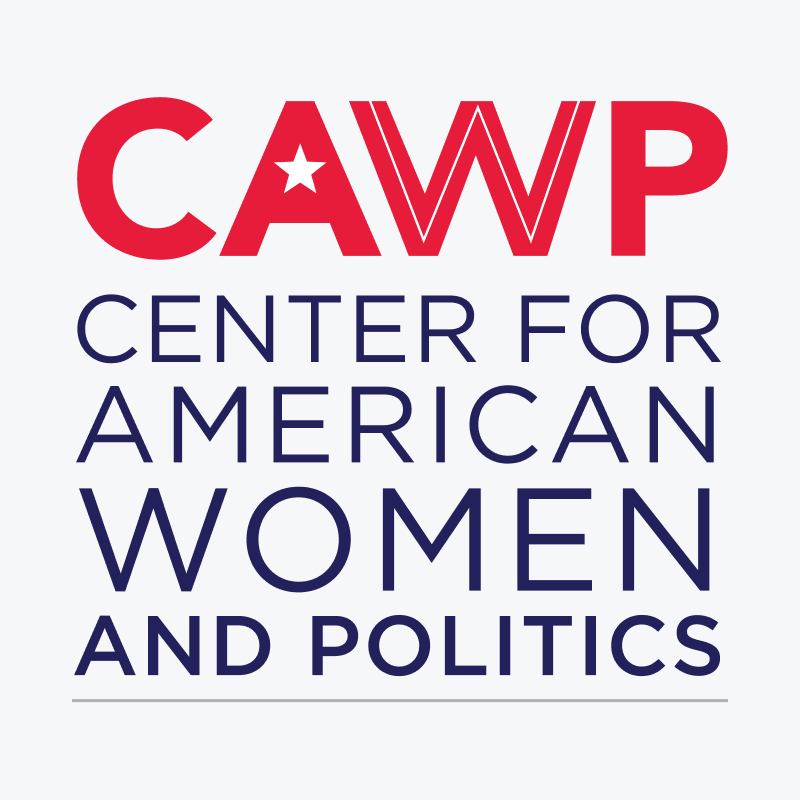While Cynthia Nixon’s announcement that she is running for Governor of New York garnered a massive amount of attention, celebrity politicians are nothing new in the United States. However, when you ask people to name one (Arnold Schwarzenegger, Jesse Ventura, Ronald Reagan, and Donald Trump are top examples that come to mind), it’s clear that the celebrities who have succeed in politics have one thing in common: they’re men. Why haven’t we seen as many women transition from the spotlight to the debate stage?
Barbara Lee Family Foundation research has consistently shown that women candidates face a higher hurdle when it comes to showcasing their qualifications. Women candidates have to prove they are qualified; for men, their qualifications are assumed. Applying this to celebrities: right out of the gate, voters have a harder time believing a woman celebrity has the qualifications needed for the job than a male celebrity.
The standard is even higher when women run for executive office because voters are more accustomed to seeing women as part of a deliberative body, such as the legislature. When a woman is running to be CEO of her state, voters need more evidence to believe she is prepared to do the job than they do for a man. Barbara Lee Family Foundation research shows that men were assumed to be qualified to lead their state if they had a resume that simply listed positions of leadership and service, while women had to be more specific. Women must show, where men can tell.
Though women need to provide more evidence than men of expertise in the eyes of voters, it’s far from an impossible task. Highlighting specific accomplishments (rather than simply describing her background) and weaving her experience into her narrative are just a few ways women candidates can showcase their leadership credentials. Illustrating achievements is more persuasive than simply focusing on a woman’s biography.
Overcoming these hurdles is by no means impossible: the latest Barbara Lee Family Foundation research, Opportunity Knocks, found that even women who haven’t served in elected office, or have little experience with public service, have an opportunity to connect with voters. We also found that voters respond well to women who are running because they saw an impact of an issue. Ms. Nixon is an outspoken advocate for public schools. Through highlighting her years of engagement, especially the specific outcomes she achieved, she can show voters that she does have the skills needed to lead and, perhaps, give other women celebrities a blueprint for how answer questions about qualifications.






